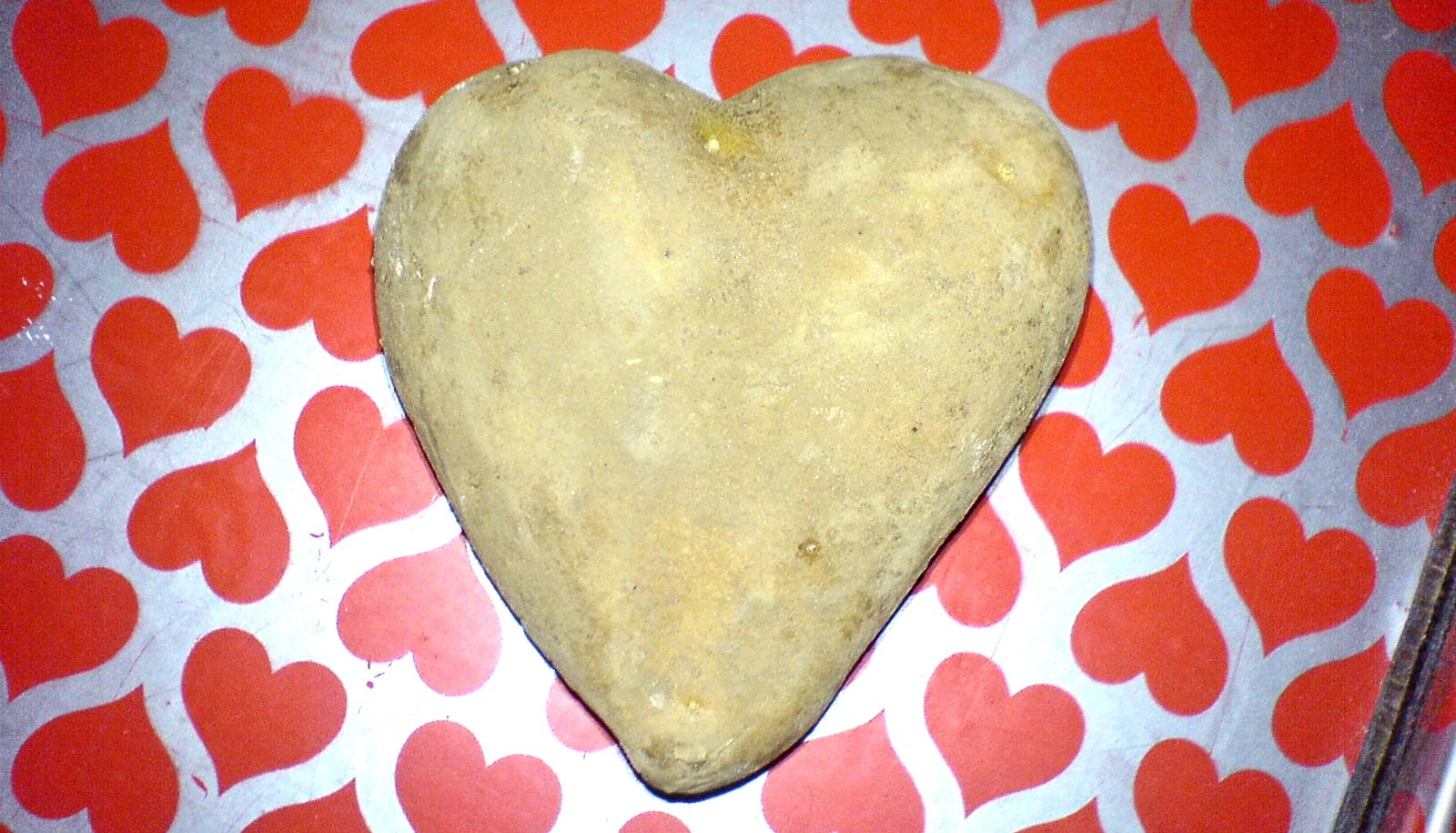Brigham, Broad Institute researchers ID molecules that rein in CRISPR systems
Scientists have identified the first chemical compounds able to inhibit and regulate CRISPR systems, which could ultimately make CRISPR gene-editing technologies more precise, efficient, and safe.
Karen Zusi
• harvard
May 2, 2019 • ~5 min
May 2, 2019 • ~5 min
Harvard study looks at how microbes produce cancer fighting compound
Emily Balskus and a team of researchers untangled how soil bacteria are able to manufacture streptozotocin, an antibiotic and anti-cancer compound.
Peter Reuell
• harvard
Feb. 7, 2019 • ~4 min
Feb. 7, 2019 • ~4 min
Supply chain | MIT News
Chemists discover how a single enzyme maintains a cell’s pool of DNA building blocks.
Anne Trafton | MIT News Office
• mit
Jan. 12, 2016 • ~6 min
Jan. 12, 2016 • ~6 min
/
4




